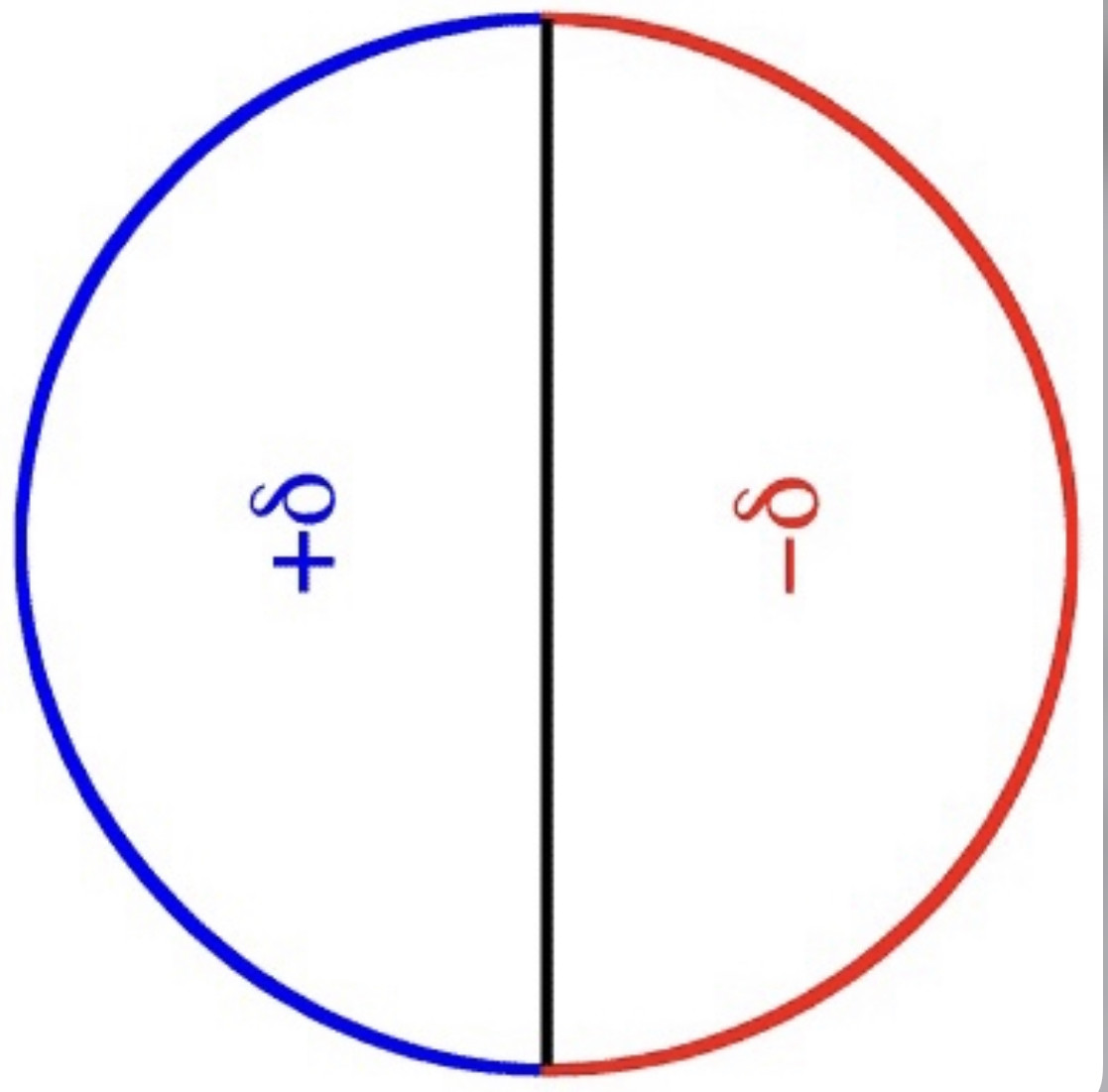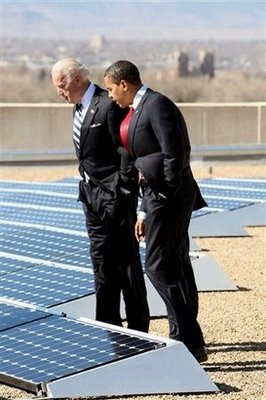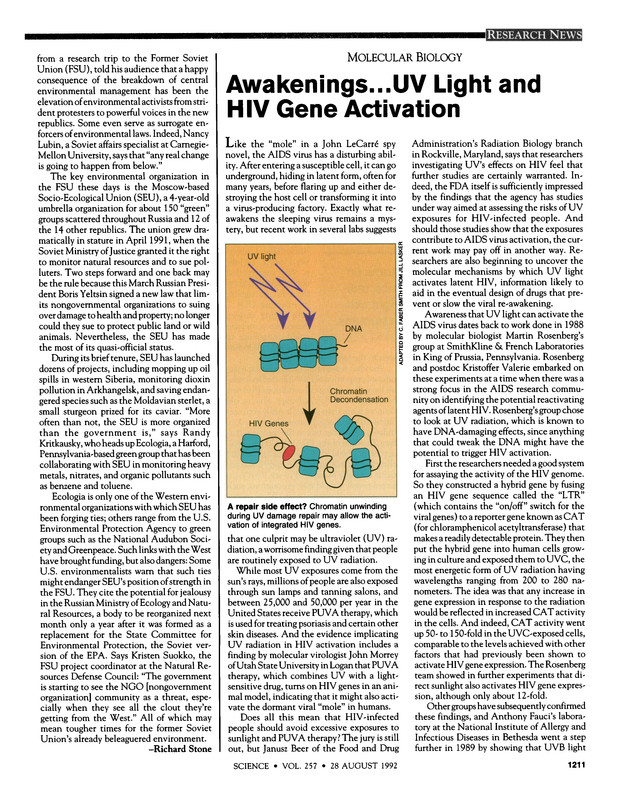We are on the verge here of curing a hell of a lot of diseases.
Just think about removing the cause of the effect.
Photoelectric effect, phenomenon in which electrically charged particles are released from or within a material when it absorbs electromagnetic radiation.
The effect is often defined as the ejection of electrons from a metal plate when light falls on it.
Free radicals are oxygen-containing molecules with an uneven number of electrons. The uneven number allows them to easily react with other molecules. Free radicals can cause large chain chemical reactions in your body because they react so easily with other molecules. These reactions are called oxidation.
repair
/rɪˈpɛː/
verb: repair; 3rd person present: repairs; past tense: repaired; past participle: repaired; gerund or present participle: repairing
restore (something damaged, faulty, or worn) to a good condition.
"faulty electrical appliances should be repaired by an electrician"
Dipole moments occur when there is a separation of charge.
They can occur between two ions in an ionic bond...
Ionic crystals are crystalline structures that grow from ionic bonds and are held together by electrostatic attraction.
In their recent study (Scientific Reports 10.1038/s41598-018-21693-3), the researchers described how viruses grew and formed crystalline arrays inside cells.
Just look at the comparisons?
Making an analogy.
late Middle English: from Old French comparer, from Latin comparare, from compar ‘like, equal’, from com- ‘with’ + par ‘equal’.



